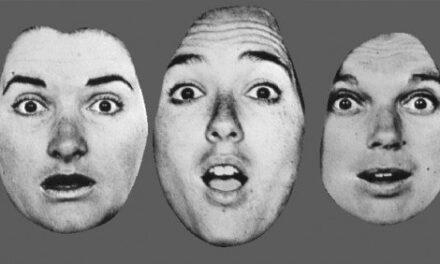(Newswise)–For “rational and logical reasons,” residents of rural Guinea often did not cooperate with volunteers and health care workers to stop the spread of Ebola, according to new research released today at the American Public Health Association’s 142nd Annual Meeting in New Orleans.
According to the research done over a two-week period in July, many community members did not believe that Ebola existed and feared going to health facilities where their chances of getting sick might increase. Rumors and comments from local and national leaders compounded these fears, undermining the efforts of Guinea Red Cross humanitarian workers.
“Families who chose to reject information about Ebola made their decisions for good reasons; it probably wasn’t in their best interest but it wasn’t irrational,” said Tim Roberton, MPH, researcher from the Johns Hopkins School of Public Health and author of the study.
Widespread rumor among rural Guinea residents held that the Red Cross and other workers had made up the disease to steal body parts, Roberton added.
“Had community members and health workers developed a trusting relationship prior to the outbreak, important messages about the disease and how to stop its spread would likely have gotten through to people much sooner,” Roberton said.
Roberton said that the Red Cross volunteers — who were sometimes verbally or physically abused by citizens — went door-to-door to teach families how to protect themselves and “try to convince them that Ebola was real.” They overcame obstacles by recruiting politicians and religious leaders as advocates, and by inviting family members to wear protective gear and participate in safe burial practices.
Added Roberton: “The volunteers doing dead body management are young, ordinary people like you and me. Their job is to go to villages where people have died, talk to the family, explain what they need to do, clean the body, safely put it in a body bag, then go back in the house and get the mattress (of the dead family member), burn the mattress and then later replace it.
“The volunteers realized that by encouraging family members to observe and participate in the burial process, they could build trust and assure families that what they are doing is legitimate. It quickly became clear that those little things are important.”







